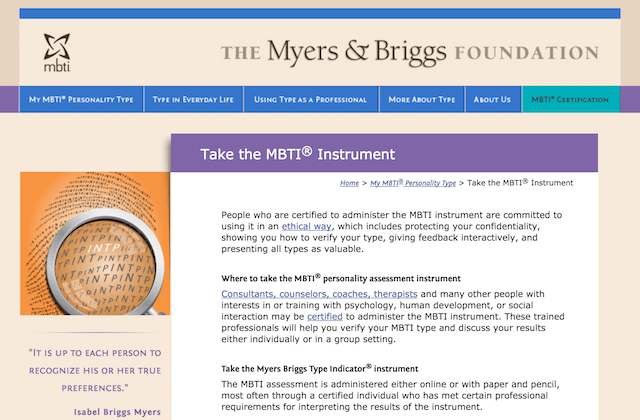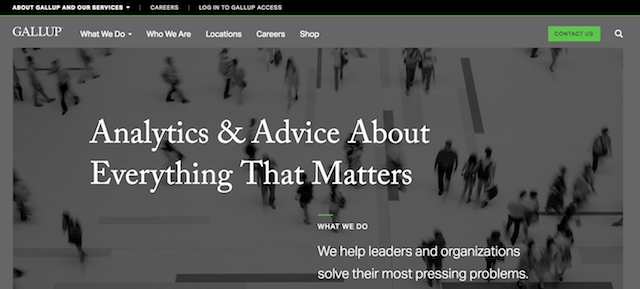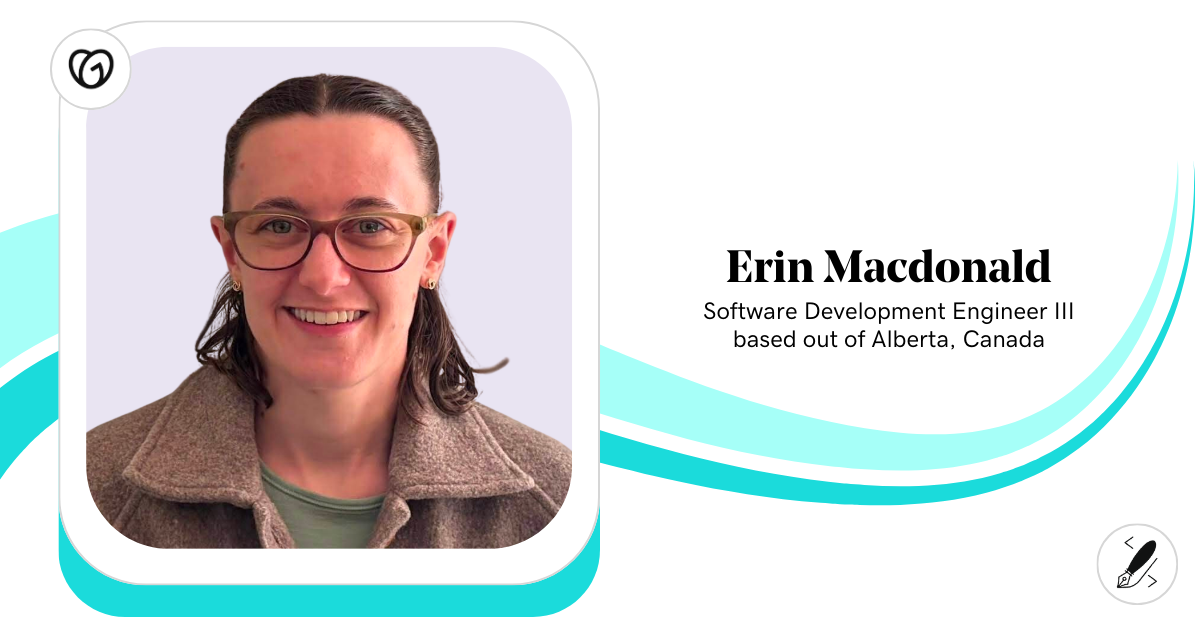After hurtling through four years in college, the next question many fresh graduates ask themselves is, “Where do I go from here?” While college prepares students by supplying them with the necessary information needed in a particular field of study, there aren’t many self-assessment tools beyond that. It might not adequately prepare them for what comes after — their actual careers.
A study by career matchmaking service GradStaff (now known as Avenica) found that 75 percent of graduates who are currently unemployed have a hard time finding jobs because they just don’t know what positions best fit them. The second most common response from graduates (46 percent) stated that they didn't know what to do with their major.
The study concluded these issues stem from the fact that most job listings don't include enough details, or that students don't visit the school’s career center enough to be adequately prepared for the job hunt after graduating. The latter seems to be most apt — most students don't invest enough time in getting to know themselves better during their formative years in college.
Then again, with so many options available to today’s recent graduates — the flexibility in careers and the ability to design their own (like being a digital nomad) — it can be hard for millennials to wrap their heads around staying at just one job for the rest of their lives. Even beyond recent grads, there are some people out there who are dissatisfied with their current work. Whether that be because of the aforementioned uncertainty post college, or simply unforeseeable circumstances that lead them down an unexpected path, self-assessment tools can help.
By determining what your skills are, what you enjoy doing, and what is most important to you, the process of deciding on a job (and the career path it fits into) will become a lot easier.
No matter your field of choice, whether you want to be a party planner, massage therapist or legal consultant, there are a number of self-assessment tools to use in deciding on your ideal career path.
Your business needs a website.
What are self-assessment tools?
Put simply, a self-assessment is an evaluation of your actions and attitudes. Self-assessment tools offer a method for gathering information about yourself to more easily decide on a career that fits into these criteria.
Important elements of self-assessment tests include:
- Values — The things most important to you
- Interests — What you enjoy doing most
- Personality — Your individual traits, needs, attitudes, motivations
- Aptitude — Activities you are good at, be they in-born or skills you've acquired
Self-assessment tests are not tests in the traditional sense of the word. There is no desired outcome or mastery of something to measure. There are no right or wrong answers. Know that self-assessment tests are also more than just personality tests; the self-assessment can serve as a guide to choosing a lasting career path.
But although self-assessment tools can serve as a guide, whatever the outcome, you’re the one that ultimately makes the final choice — whether to follow the guidance of your results or not.
5 self-assessment tools to consider
There are several self-assessment tools available today — some are free, while some are available at a cost.
-
Myers-Briggs.
-
Strengthsfinder.
-
Keirsey Temperament Sorter.
-
Big Five Personality Assessment.
-
Holland Code.
Not sure which one is the best for you? Keep reading to learn more and pick one (or a few!) that you want to test out.
1. Myers-Briggs
The Myers-Briggs Type Indicator (MBTI) is one of the most popular self-assessment tools today. It was created by Katharine Cook Briggs and her daughter, Isabel Briggs Myers. It’s based on Carl Jung’s theory, which speculated that there are four principal psychological functions by which humans experience the world: sensation, intuition, feeling and thinking.
The Myers-Briggs is an introspective self-report questionnaire that assesses your personality preferences and places you into one of the 16 types, which helps you make sense of why you see, interpret, or act a certain way.
There are several versions available online, but this fact also means that there are a lot of fakes. With this in mind, try to take the MBTI at a university career center or a professional testing center/counseling center.
2. Strengthsfinder
The Strengthsfinder test is an online assessment that seeks to determine the area where you have the greatest potential for building strengths. It provides the most comprehensive guide to the topic, outlining your top five talents and how they influence your life choices and everyday decisions, including the way you work.
By understanding your strengths, you’re better equipped to find a job that highlights and makes good use of them, instead of wasting your time in a career that you’re not well suited for. To take the Strengthsfinder test, you must either purchase a Strengthsfinder book or an online code from the Gallup website.
3. Keirsey Temperament Sorter
The Keirsey Temperament Sorter is based on the Keirsey Temperament Theory, which proposes that people have four temperaments: guardian, artisan, rational and idealist — further divided into four character types for each.
The Keirsey Temperament Sorter is a 70-question test that measures communication styles and what resulting actions tend to be. You can take the free assessment on the Keirsey website.
4. Big Five Personality Assessment
The Big Five personality traits, also known as the five-factor model (FFM), is based on the common language descriptors of personality. The Big Five Personality Assessment divides people into five personality traits: openness, conscientiousness, extraversion, agreeableness and neuroticism. It can help you identify your particular learning styles and working preferences.
You can take a free assessment on the Open Source Psychometrics Project website.
5. Holland Code
The Holland Code determines your suitability with different careers based on the six occupational themes: Realistic, Investigative, Artistic, Social, Enterprising and Conventional (RIASEC). It identifies your top interest and how it compares to other areas. Test takers are given a three-letter code, which defines their three dominant personality types.
You can take the Holland Code at college career centers and at the Open Source Psychometrics Project website.
Self-assessment tools and the right professional fit
Many people experience job dissatisfaction because they don't know themselves or what exact positions are a good fit, based on their college major. Furthermore, sometimes, you simply end up doing a job for what you thought was going to be a short-term filler, only to find years later you’re still in the same rut. If you’re looking for a change or a sense of direction, self-assessment tools can help you determine which careers are best aligned with your passions.
*AI-assisted full website including all of the premium features like online store, appointment scheduling, and marketplace selling to name a few, requires paid subscription.
Social media marketing calendar available with GoDaddy Airo, some features will require paid subscription.
Professional Email through Microsoft Office 365 30-day free trial with an option to renew into a paid subscription beyond the promotional period.
While the LLC starter plan is free, there are likely some state and/or local filing fees associated with your filing which will be determined during the filing process.











